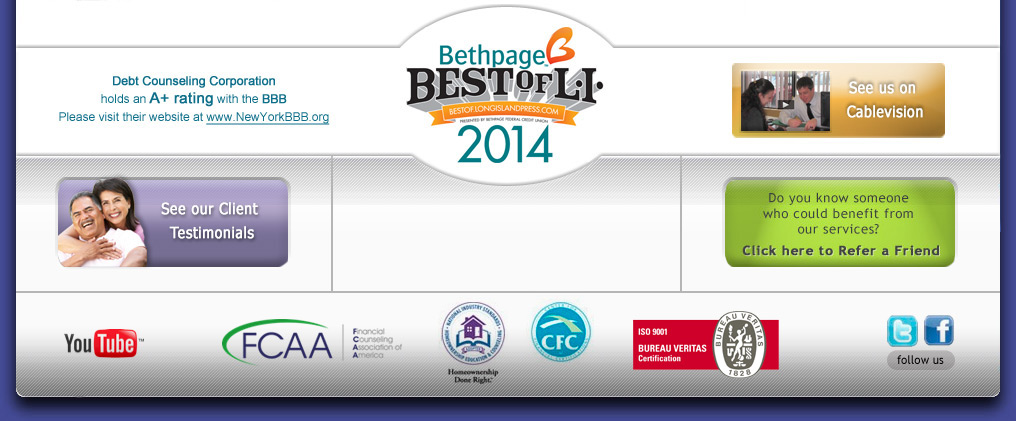Parents Teach Your Kids About Money
Introducing the topic of money at an early age will help your kids develop good habits by the time they are adults. The pre-school years are a good time to start.
The Pre-school years…
- At this age children see all money as having the same value.
- They understand money is a way to get things they want.
- They understand ownership and the concept of borrowing.
- At this age, they imitate much of what adults do. (Be careful!)
Here are some suggested activities to begin teaching your pre-schooler about money:
- Use pictures of money and discuss their value.
- Encourage your child to use toy money and play store.
- Believe it or not, it’s a good idea to start giving your pre-school child an allowance for the sole purpose of teaching money management.
Set up 3 piggy banks for your child marked Now, Soon, and Later, to help introduce the idea of saving for short-term and long-term goals. (Just a suggestion: kids age 3 and under, 25 cents is plenty. Kids age 4, give $1 per week and add a dollar each year thereafter with the increase occurring on their birthday. Also try to pay in coins so it’s easy to count and divide up amongst the piggy banks).
Bring your child’s money whenever you go shopping just in case your child wants to purchase an item. Let your child actually pay the cashier for the item with his/her own money.
The Early Elementary School years…
- Your kids may ask how much they can buy with a given amount of money.
- They can save for something they want if the item is specific and the saving time is short.
- They may have a hard time saying no to spending impulses.
- They imitate parent’s spending habits. (Make sure you are displaying appropriate spending habits!)
Here are some ideas to help teach your early elementary school children about money:
- Give them the opportunity to make spending decisions by giving them choices and teaching them that different items cost different amounts of money.
- If you haven’t already done so, introduce the basics of saving; short-term and long-term savings goals using the 3 piggy banks as suggested for preschoolers.
The Middle Elementary School years…
- Your kids show more interest in having money at this stage.
- They understand to some extent how much money will buy.
- Your child is more interested in peer approval at this age and may want to spend on trendy items.
- They may try to figure out ways to earn money.
- They are capable of long-term planning for spending and saving.
- They can use math skills to keep track of expenses.
Here are some ideas to help your middle elementary school child learn about money management.
Start explaining to your child that bills have to be paid every month.
An activity you can do with your child is to sit down with them and count out your monthly pay check in monopoly money, particularly small bills. On the kitchen table, make a pile for each denomination. Then take all of your monthly bills and separate them into their own piles. For each bill (mortgage payment, car payment, electric bill, health insurance, etc.), count out the amount in play money and place it in the appropriate pile. In this way, they get to see a clear picture of where the household money goes and that there may not be a lot left over after the bills are paid. (Now when your child is begging you to buy them the latest brand of expensive sneakers that they absolutely must have and you say, “We just can’t fit it into the budget”, your child will have a better understanding of why).
Show them that there are rewards for saving – introduce the concept of interest
Help your child set savings goals. One way to give them more of an incentive to save is to set up a matched savings plan. For every dollar your child saves, match all or part of it.
Get the ball rolling early on and teach money management skills to your kids. Before you know it, they’ll be teenagers and this is when it can really get difficult! Good Luck!
This is a secure website - your information will be encrypted. Click on the image below for more security information.



















